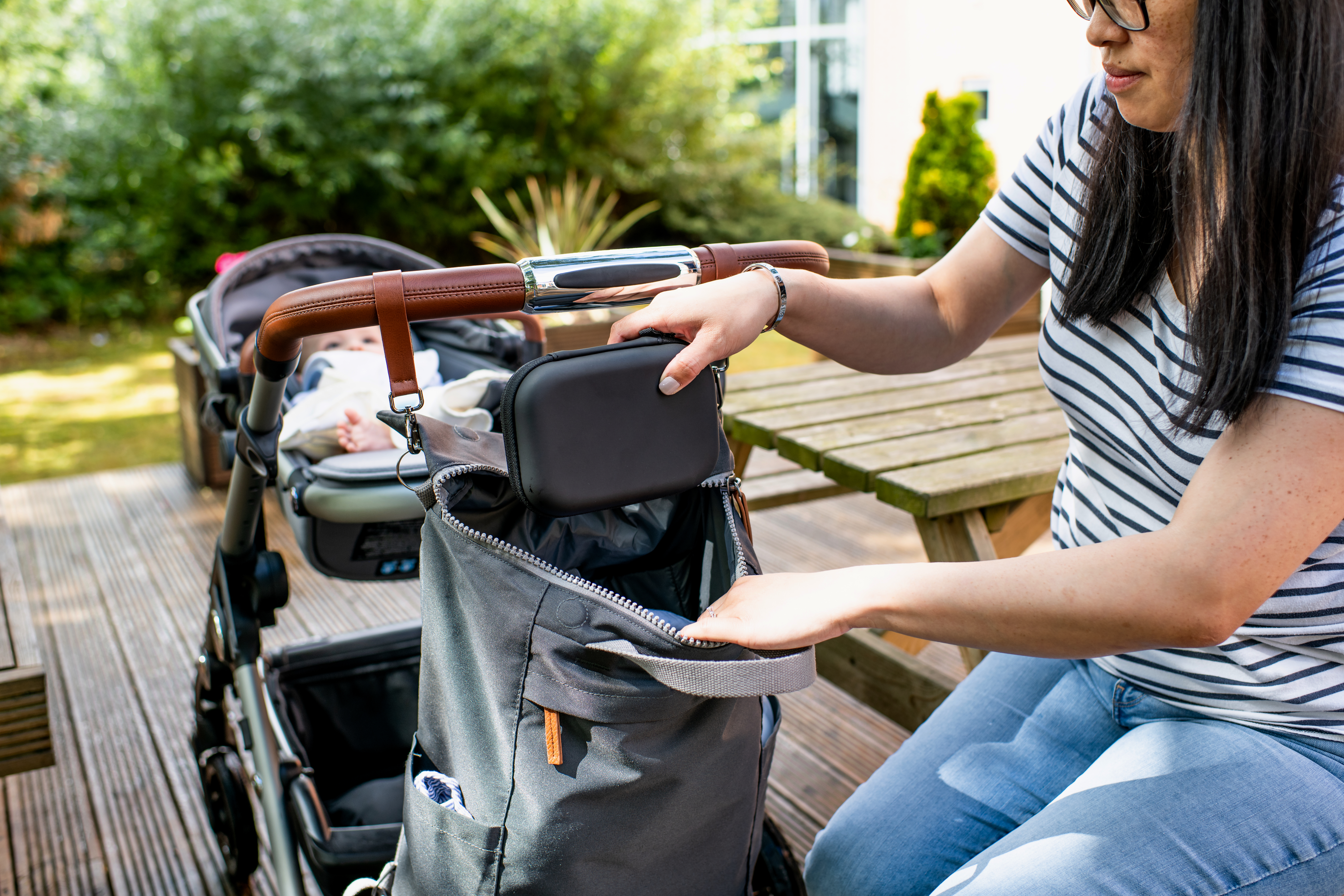When it comes to baby poop, all little ones are different! Some will have more or fewer dirty nappies than others.
But if your baby is finding it difficult or painful to poop or is unable to pass a stool, they could be constipated. If they’re constipated, their bowel movements will be more infrequent than what’s normal for them. We’re here to help you with some tips on how to relieve baby constipation.
What are the symptoms of baby constipation?
The signs that a baby is constipated include…
- Pooing less than three times each week
- Having difficulty passing stool
- Having larger than usual poos, or dry, hard, pellet-like poos
- Having unusually smelly wind and poo
- Feeling firm in their tummy
- Being less hungry than normal
- Lacking energy and being fussy because they’re uncomfortable
It’s common for breastfed babies to have more frequent and softer bowel movements than babies who are formula fed. But before your baby is weaned onto solid foods, their poop will normally be soft and easy to pass.
Once they begin weaning, their poos will be firmer and less frequent, and this is usually when constipation becomes more common.
What causes baby constipation?
If your baby is constipated, it could be because of the following reasons:
- Dietary changes and dehydration: If your little one isn’t drinking enough water, their poos can become harder. Perhaps they’re experiencing teething pains, and this is putting them off drinking water?
- A lack of fibre: Just like adults, if a baby has a lack of fibre in their diet, they can become constipated.
- An allergy or intolerance: Sometimes baby constipation can be a symptom of a food allergy or intolerance, although this isn’t a common cause of constipation. If you think your baby might have an allergy or intolerance, it’s best to seek advice from your doctor or health visitor.
- Potty training: If you’re getting started with potty training, your little one may feel stressed or anxious about using the toilet at first. Sometimes, children ‘hold it in’ and become constipated.
How to help a baby with constipation
No one likes to see their little one in pain or discomfort. The following points may help to relieve their constipation:
- Keep them hydrated: When you begin weaning and introduce changes to their diet, it’s important to offer your little one sips of water in a cup alongside and between their meals to prevent dehydration. If you’re not yet ready to wean and are breastfeeding, you can continue to offer lots of feeds. (Breastfed little ones who are not yet eating solids don’t need to drink additional water between feeds.) And if you’re formula feeding, you can give your baby sips of cooled, boiled tap water between their bottle feeds.
- Give them fibre-rich foods: High-fibre foods like pulses, fruit and vegetables can help to prevent your baby from becoming constipated.
- Bicycle legs: Just like grownups, movement can help keep things regular for babies. To help relieve their constipation, try lying your baby flat and gently moving their legs in a bicycle motion.
- Give them a gentle tummy massage: Giving your baby a massage is a lovely way to bond with them and can also help relieve constipation. Try rubbing their tummy clockwise and in slow downward strokes.
Baby constipation: When to worry
If you’re able to spot the signs of constipation early and make sure that your baby is well hydrated and getting enough fibre in their diet, you should be able to treat it at home and get things back to normal in a few days.
But if you’re concerned about your baby’s constipation, it’s always best to speak to your doctor or health advisor as early as possible. Persistent constipation should always be checked out by the doctor. They will be able to prescribe a laxative if needed and check for any underlying conditions that may be causing your baby to become constipated.


